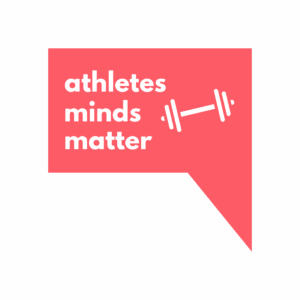Connection Activities
Build stronger relationships among team members that will not only improve their teamwork on and off the field, but also improve their own mental wellbeing. Try doing one of these short activities during warm-ups or stretches!
Coping Skills & Healthy Habits Activities
Being a student-athlete comes with a lot of pressure – from coaches, teachers, family, teammates and yourself. These quick activities are a great way to help you manage stress, feel better in your body, and stay mentally strong.
Prosocial Skills & Identity Activities
These activities are all about understanding yourself, supporting your teammates, and creating a space where everyone feels like they belong – on and off the field.
Help-Seeking Activities
Knowing where to go for help – and how our words impact others – is a game-changer for mental health. These activities make learning about resources and reducing stigma a little more real, and a lot more fun.
Want more?
Access our full catalog of 175+ mental health activities by filling out a program application
